As the son of a retired librarian, I know the humble book remains a powerful tool for education, enlightenment, and entertainment. In this digital age, a good book can show us what community and friendship mean and how to be the best neighbors or citizens.
Books and Little Free Libraries can also connect neighbors.
Little Free Libraries are a global phenomenon. The small, front‐yard book exchanges number more than 175,000 worldwide in over 100 countries, from the United States to Iceland.
WHAT IS LFL?
Little Free Library (LFL) is a nonprofit organization based in St. Paul, Minnesota. The organization’s mission is to be a catalyst for building community, inspiring readers, and expanding book access for all through a global network of volunteer-led Little Free Libraries.
Little Free Library book-sharing boxes are placed in front yards, housing projects, community centers, schools, parks, gardens, and other easily accessible locations.
Only registered (chartered) Little Free Library book exchanges may use the title “Little Free Library.” A book exchange that is not registered is simply called a book exchange.
The Library of Congress, the National Book Foundation, the Women’s National Book Association, and the American Library Association have all honored the Little Free Library nonprofit organization. Reader’s Digest named them one of the “50 Surprising Things We Love about America.”
JEN’S NEIGHBORHOOD STORY
Jen Moore of Springfield has always enjoyed books. That is why years ago, when walking in a neighborhood, a Little Free Library caught her eye.
“I noticed it had a charter sign, so I began researching online. I thought, I want one of these because this is a tangible way to share my love for books with other people,” Moore said.
She began by ordering a kit from the Little Free Library website. She and her dad, Jim Moore, assembled it in November 2019, and Jim attached it to a post. It opened when Jen received her official charter, # 136062, in the mail.
In Jen’s neighborhood, south of downtown, there is a mix of incomes and people, homeowners and renters. Many people walk through the neighborhood. Many do not have library access, for one reason or another.
“With a little free library, you just grab a book. You can leave a book if you want. Then you can drop it off somewhere else,” said Jen.
One of the biggest challenges is keeping the library stocked. Jen talks with neighbors to discover what they like to read and invests both time and money into the effort.
“In my neighborhood, there is a book access problem,” said Jen. “I visited with a kid once when I was stocking my library. He said he loved to read. He was surprised to find out that the books were free. Then he told his friends, and now I have a hard time keeping books in stock for that age group.”
Word spread among children but also parents. The little library is especially popular during the summer when they cannot access the school library.
Adult general fiction and young adult books are the most difficult books to keep in stock.
“At the beginning, I had to get okay with the books going out but not coming back. But now, I’m thankful for the Friends of the Library book sale to stock my box. I know I will set aside some of my budget to do this,” said Jen.
In her experience, Jen says the best place for a library is wherever there is foot traffic.
“If you are a car-dependent neighborhood and the people in your neighborhood don’t take walks or walk their dog or something like that, people see them but have a hard time pulling over and accessing the library,” said Jen. “You really need foot traffic because people need to be able to stop, look at what’s in there, and have the time to be curious.”
If she ever moves, she will leave the library in place. However, Jen owns her own home and plans to keep stocking her library for years to come.
“One of the things about when I moved to the neighborhood was that I didn’t want just to live there. I wanted to be a part of the community. I wanted to get to know people,” said Jen. “For those who visit the library, I imagine that I’m doing something positive in their day.”
LOVE FOR LIBRARIES ABOUND
Librarians love all types of libraries, according to Vickie Hicks, community relations director at the Springfield-Greene County Library.
“Little Free Libraries are a good idea,” said Hicks. “I stocked the little library in front of the United Way while working there. We support anything that promotes literacy. Sadly, some people have never visited a Library but might be comfortable getting a book there.”
Nancy Miller of Springfield was a first-grade teacher and counselor for over 40 years.
“I am almost 93 now, and my dream was to keep kids reading real books. The Little Free Library in my yard is one way I can help make that happen,” said Miller.
Steve Popp is the builder and librarian of Little Free Library # 4144 at 1200 E. Woodhurst Dr., Springfield. It is the second oldest LFL in Springfield and something he “fell into.”
“My mother-in-law saw LFL profiled on an episode of Oprah around 2010 and told me about it. I loved the idea and built Springfield’s first LTL. But it took me almost a year to find a place to put it. So, by the time it was up in the Woodhurst complex, the one on Fremont was already up and going. So, I got to be second.”
He says employees in Woodhurst have adopted the LFL and keep it stocked.
“I am pleased with how the idea has taken off in Springfield,” said Steve. “I smile every time I notice a new one.”
VITAL ROLE
Little Free Libraries in neighborhoods serve as catalysts for fostering a love of reading, promoting community engagement, and enhancing neighborhood cohesion.
LFLs promote literacy and a lifelong love of reading. These miniature libraries offer a treasure trove in communities where access to traditional libraries may be limited.
LFLs serve as focal points for community engagement and interaction. These structures create opportunities for neighbors to unite, share books, and forge connections.
LFLs contribute to the revitalization of public spaces. A little library can beautify an area, attract foot traffic, and instill a sense of pride and ownership among residents.
LFLs contribute to creating safer, more inclusive public spaces where neighbors feel welcome and connected to their community.
LFLs embody the spirit of sharing and mutual support with “take a book, leave a book,” reinforcing the notion that a thriving community is built on giving and receiving.
***May 12-18 is Little Library Week! To learn more, about how to celebrate, find the nearest Little Free Library, or to download plans to build a library, visit www.littlefreelibrary.org.
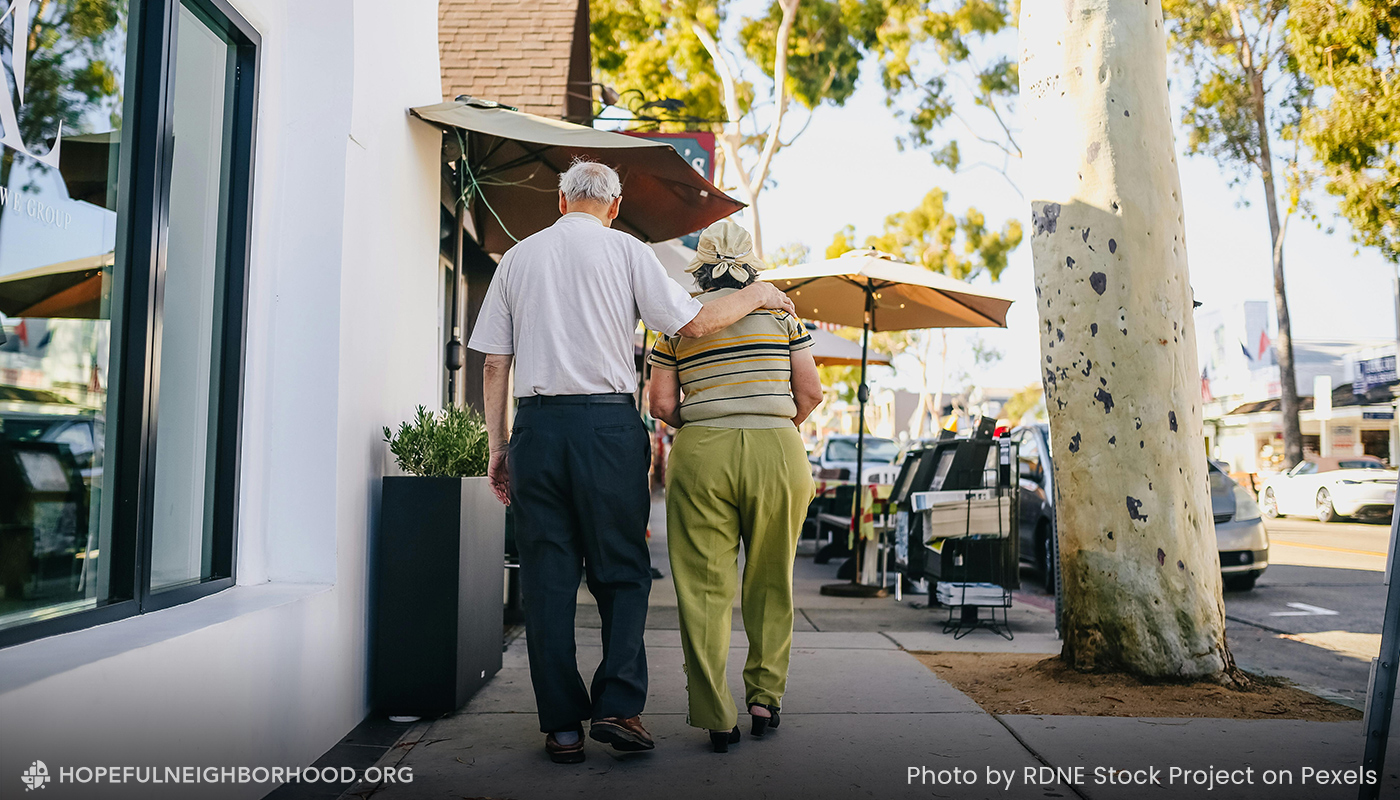
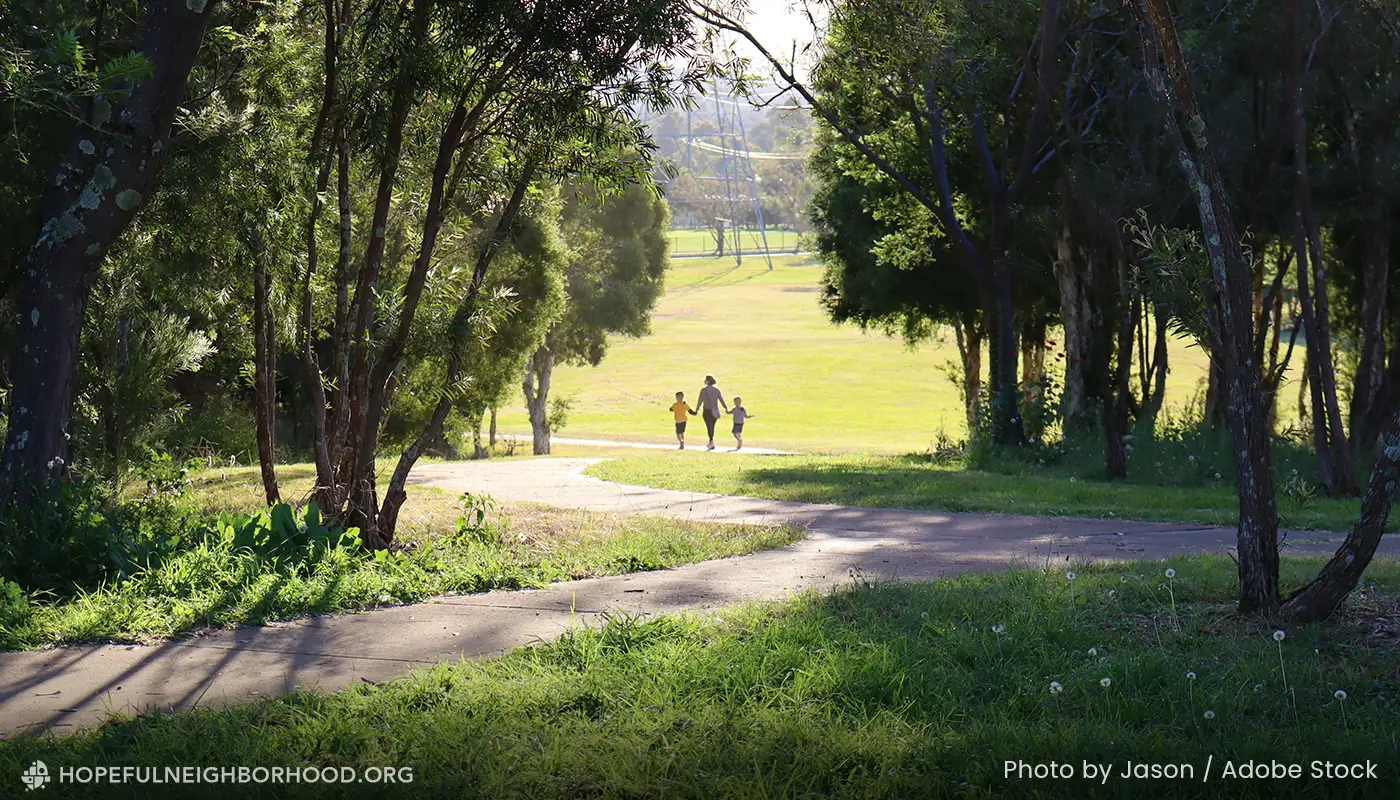
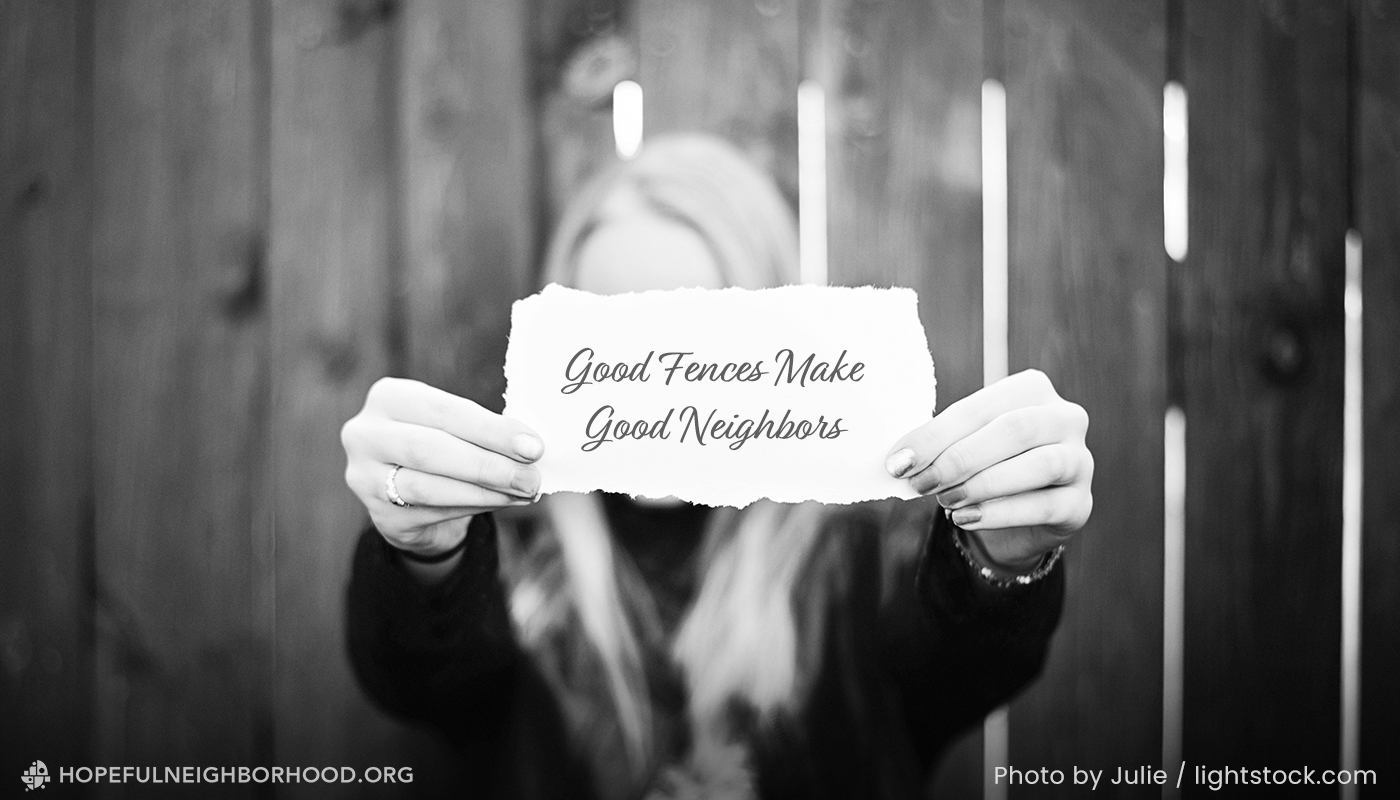
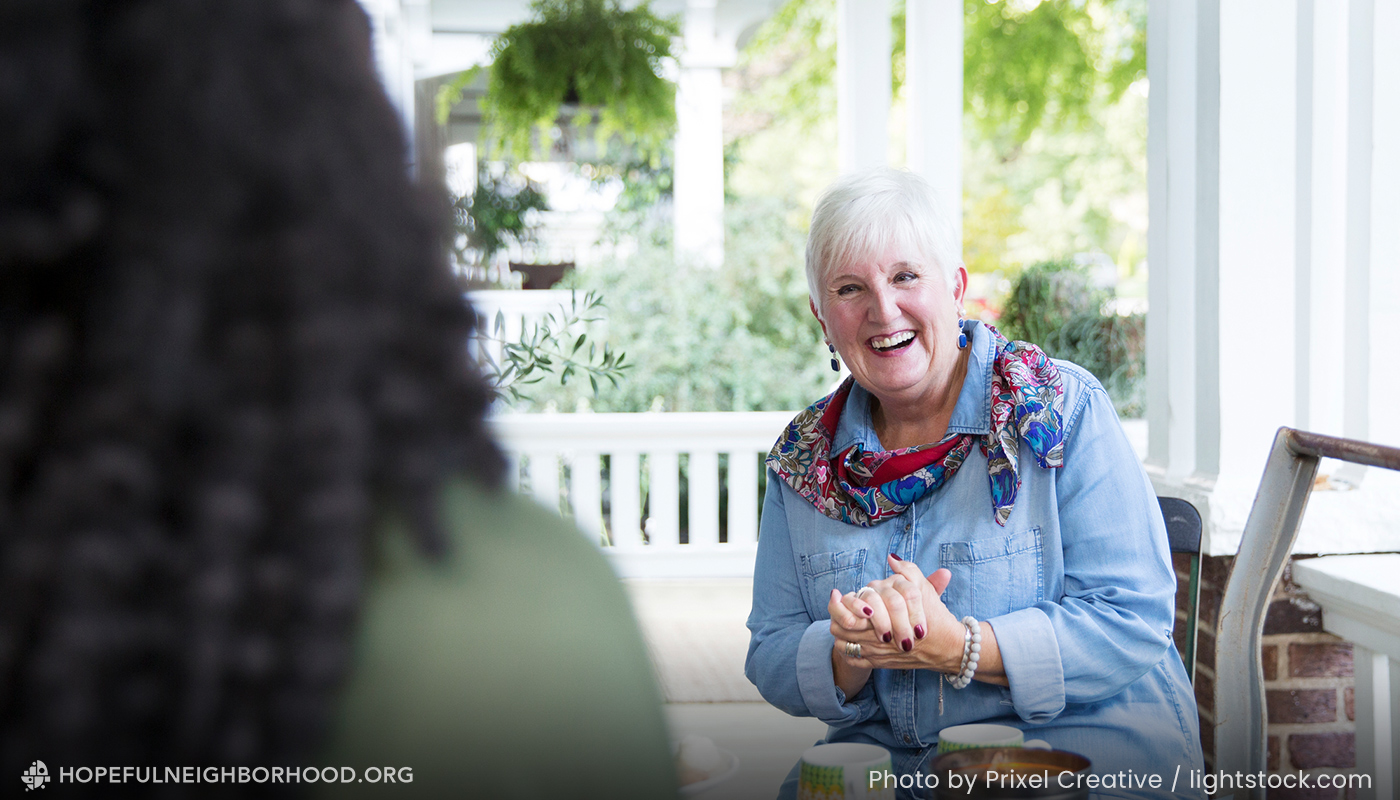
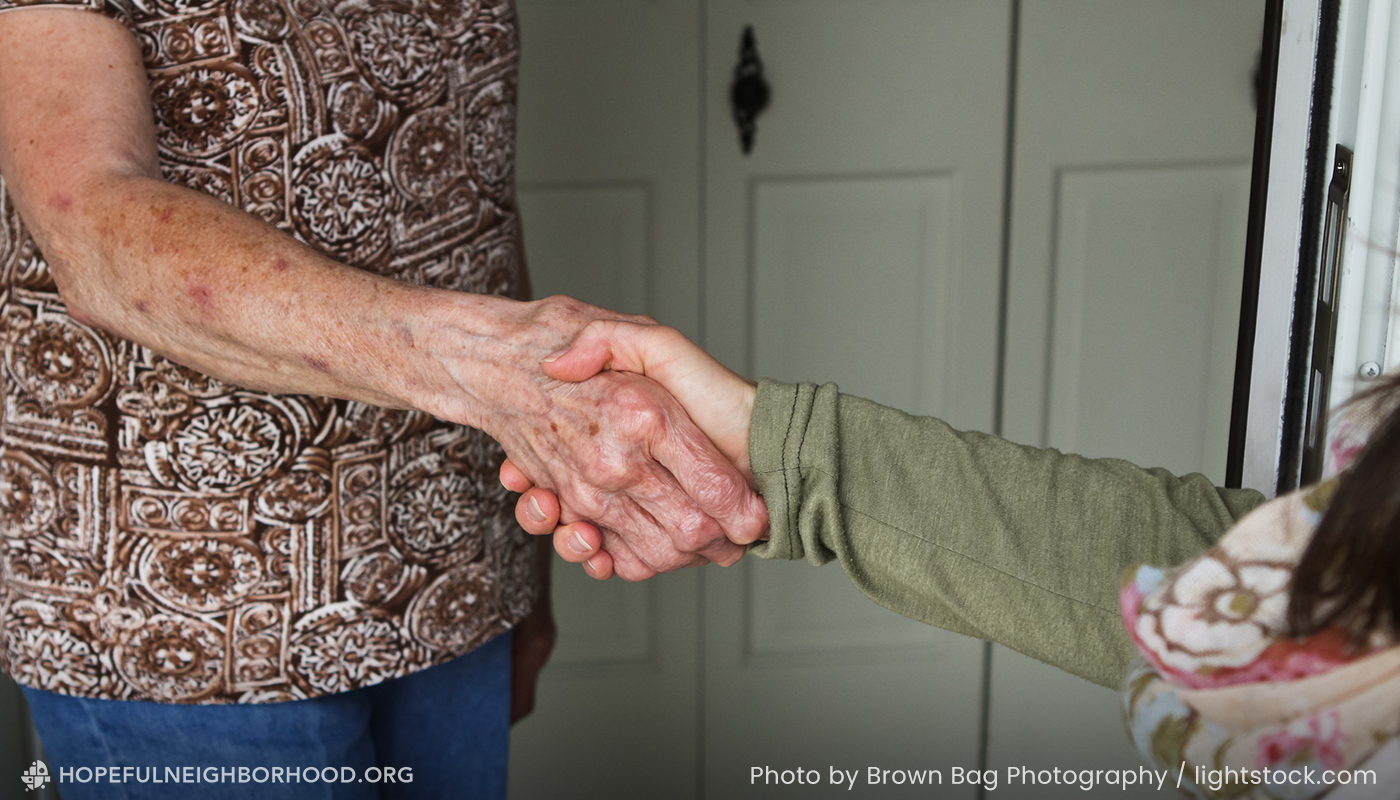

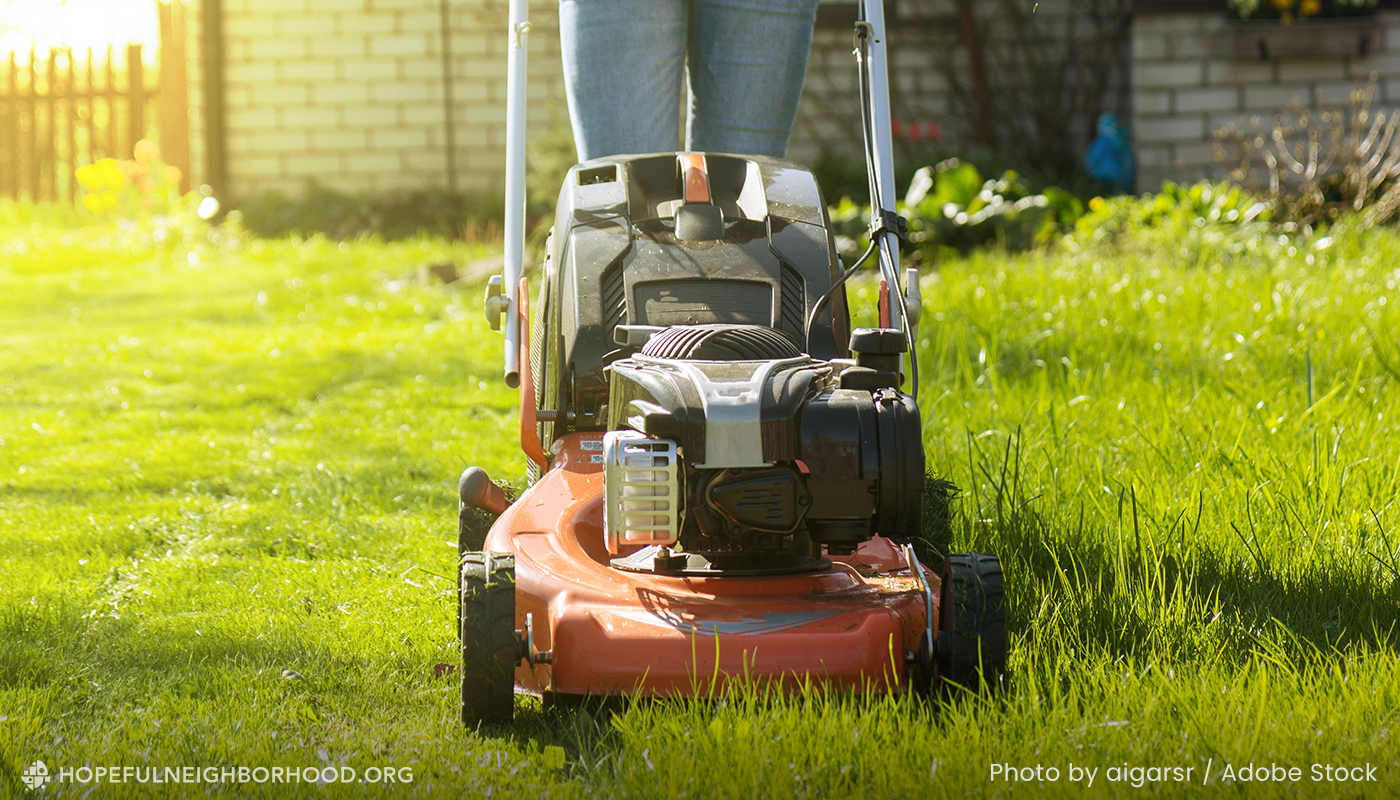
0 Comments